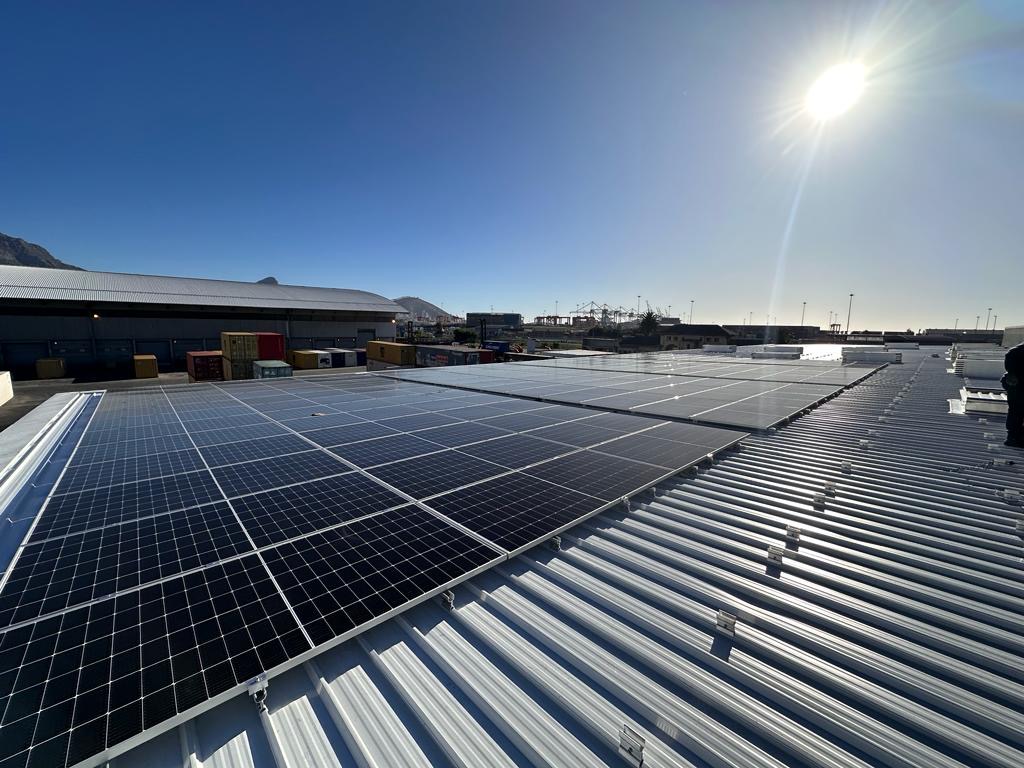What is a Solar Inverter?
A solar inverter is a crucial component of a photovoltaic (PV) solar system. It plays a vital role by converting the direct current (DC) electricity generated by solar panels into alternating current (AC) electricity. This conversion is essential because most household appliances and the grid itself operate using AC electricity. Without a solar inverter, the energy harnessed from the sun would remain unused.
Why Are Inverters Important?
Inverters are the heart of a solar energy system. They not only convert DC to AC but also maximize the energy output by optimizing the voltage and current coming from the panels. Without an inverter, the energy produced by your PV solar system would be unusable because your household appliances and the grid are designed to operate with AC electricity. Inverters ensure your solar panels generate electricity efficiently and effectively power your home.
Types of Solar Inverters
There are three main types of solar inverters, each with unique features and benefits:
- String Inverters: Common in residential systems, connecting a series of panels to one inverter. Cost-effective for installations with uniform panel orientation and sunlight exposure.
- Microinverters: Installed on each panel, allowing independent operation. Ideal for efficiency and flexibility, especially with shading or varied panel orientations.
- Power Optimizers: Used with string inverters to optimize electricity from each panel before reaching a central inverter. They enhance efficiency and performance, especially in partially shaded setups.
How to Choose the Right Inverter?
Selecting the right inverter involves considering several factors, including efficiency, cost, and the size of your PV solar system. Each type of inverter has its advantages, depending on your specific needs and installation conditions. For instance, if your roof has varying angles or is subject to shading, microinverters or power optimizers might be a better choice to maximize energy production.
What are the Benefits of Advanced Inverters?
Modern inverters come equipped with advanced features that enhance their functionality and user convenience:
- Remote Monitoring: Many inverters now offer remote monitoring capabilities, allowing you to track your system’s performance in real time via a smartphone app or web portal. This feature helps in quickly identifying and addressing any issues that may arise.
- Smart Grid Compatibility: Advanced inverters are designed to be compatible with smart grids. This capability allows your system to interact with the grid more efficiently, managing power flows and potentially earning credits for excess energy production.
- Enhanced Safety: Inverters now include enhanced safety features such as rapid shutdown, ensuring the system can be safely turned off in an emergency, and protecting both the users and maintenance personnel.
Is Inverter Maintenance Necessary?
Regular maintenance of your inverter is crucial to ensure it operates efficiently. Most inverters come with a warranty of 10-15 years, but proper upkeep can extend their lifespan and prevent costly repairs. Maintenance may include cleaning, software updates, and occasional inspections by a professional to ensure everything is functioning correctly.
Need Help Choosing an Inverter? Contact Renaissance Solar!
At Renaissance Solar, we offer expert advice and a range of quality inverters to suit your specific needs. Our team is here to help you choose the perfect inverter that will maximize your solar system’s performance and ensure a reliable energy supply for years to come. Contact us today to learn more!

